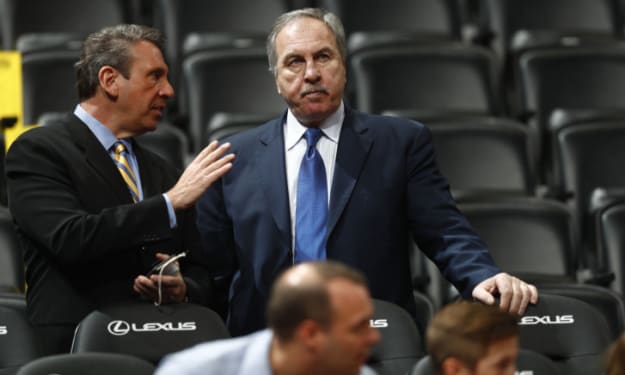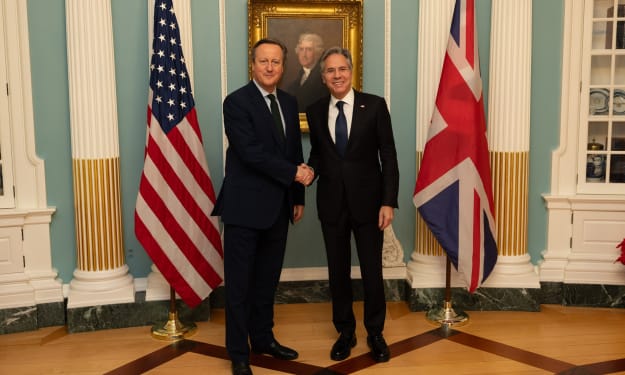The Reparations Debate Is More Than a Dollar Figure
Renewed political discussion on the topic poses a unique opportunity for honest dialogue about America’s racial legacy.
The topic of reparations for African Americans isn’t a new concept. America as a country has touched on this issue, albeit briefly, quite a few times during the course of its history. Recent political jockeying for the 2020 election season has brought the topic back to the forefront for both African Americans, and the greater public. What are reparations? Why is the debate taking place now? Wasn’t slavery a long time ago? Those questions and others are typical of how the dialogue on this topic has gone during my experience exploring it. Those questions will continue to be asked until arguably the simplest question regarding this issue is answered:
What exactly does America owe to African-Americans?
It seems like a pretty broad and expansive question, but there’s a great opportunity for honest, constructive dialogue about the historical impact of America’s domestic policies toward African Americans. From the advent of an economy based off of chattel slavery of black people to the social aftermath of going away from that financial base, this country has to really examine the how and why behind many of the societal disparities we see in our communities today. The very first thing I think much of white America needs to understand when the framing of this conversation is taking place is that the concept of African-American reparations isn't simply about monetary compensation for past grievances. The greater discussion generated by this debate is invariably about this country taking an introspective look at the price paid by African-Americans during the course of this country's birth and growth. The institution of slavery in itself was essential for the economic maturation of this country from its inception. There simply isn't a price point that can be associated with the human cost of being the main cog in the chattel slavery apparatus that drove US growth and expansion up to the Civil War. There is also not a discernable dollar amount that can be assessed when evaluating the lasting effect of policies enacted at every level of government in the aftermath of Slavery. Whether we're talking about unrealized promises of full integration into the American economy, in terms of generating wealth or the implementation of policies that curtailed social integration on a fair and level playing field, and set the table for discrimination and economic disparity for generations to come.
Ta-Nehisi Coates is an award-winning author. He was also a National Correspondent for The Atlantic Magazine in 2014, when he wrote the provocative and critically acclaimed op-ed, "The Case For Reparations". The article gave a visceral face to some of the exploitation endured by black people in terms of policy. Many of the observations made in the article, such as references to practices and policies dealing with wealth and housing inequality, are symptomatic of the larger, far-reaching scope of the effects being talked about.
How does America truly make amends?
How the national discussion goes forward on the topic of reparations will hinge on just how willing we are as a country to examine the issue with a more objective and nuanced perspective. How would reparations-driven policies take shape? How systemic and far-reaching would a solution be for it to be satisfactory? Would the government perform an exhaustive re-examination of current existing policies, and urge state and local governments across the country to do the same? It's an interesting notion to potentially see the US government spearheading a national movement to examine the question in its entirety, and in great detail. To be fair, America has gone a long way down that road of full acknowledgment of her past, but more work is needed to really make that promise work the way it's meant to work.
About the Creator
Herbert L. Seward III
Sports & Culture Contributor, HBCU Digital Network.Host,The Black Techies Podcast,Sports Contributor, FanSided/Busting Brackets/Saturday Blitz... Breaker Of Chains. Lover of BBQ.






Comments
There are no comments for this story
Be the first to respond and start the conversation.